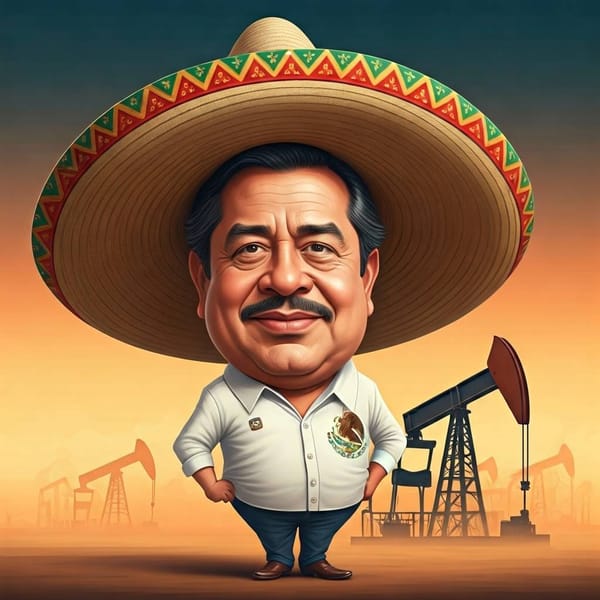Mexico and United States agree on a new security plan
Both the United States and Mexico agreed to leave behind the Merida Initiative - which was launched 13 years ago to develop the capabilities of Mexican authorities in the fight against drug trafficking and criminal organizations - and to establish a new security plan.





